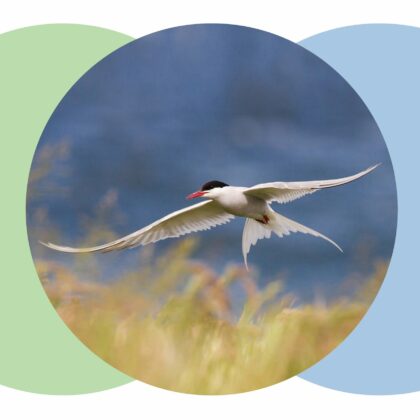Dr Olivier Hamant and more · 18 October 2023
Quantitative Plant Biology (QPB) is a community-based journal, co-published by Cambridge University Press and The John Innes Centre, with a prestigious and engaged editorial board led by Dr Olivier Hamant.
QPB was established with the belief that plant science research is a key endeavour in a changing environment. For this, not only does the journal build on cutting-edge quantitative approaches, it also opens the field to citizen science and art & science with dedicated article formats and collections. At QPB, we believe that research is first and foremost a question of creativity. This also means that plant science should be available to everyone, everywhere, and that the processes behind the research should be fully transparent.














































